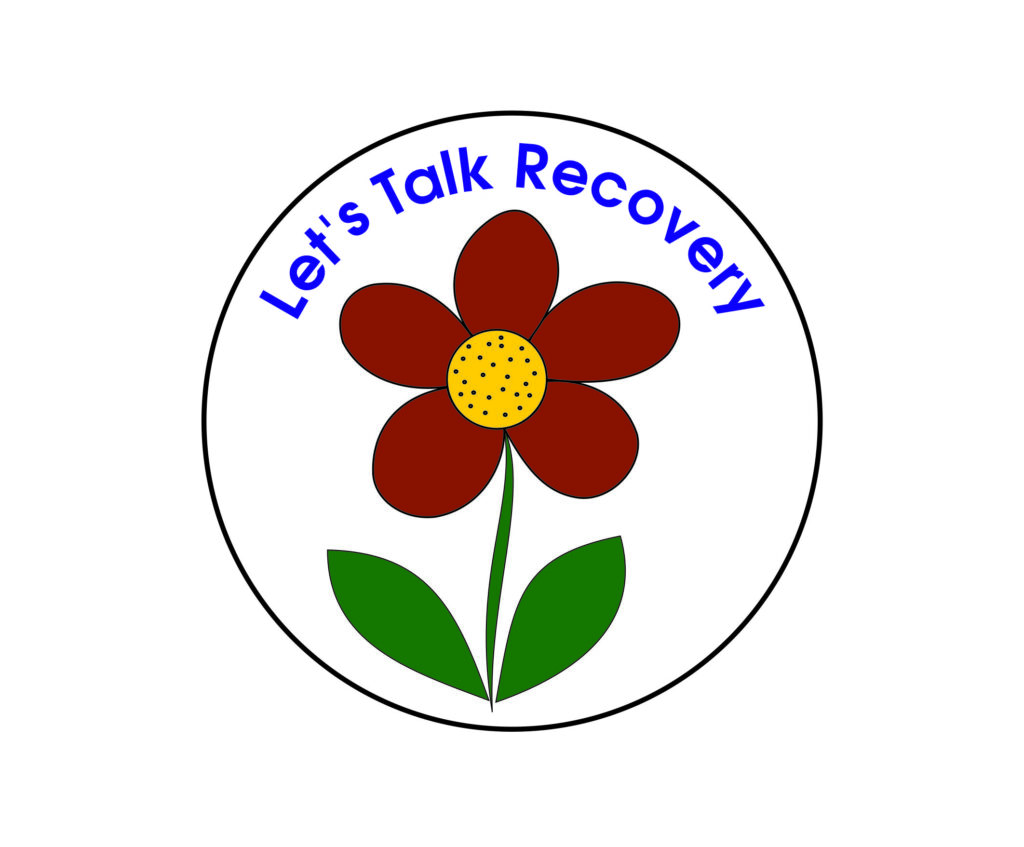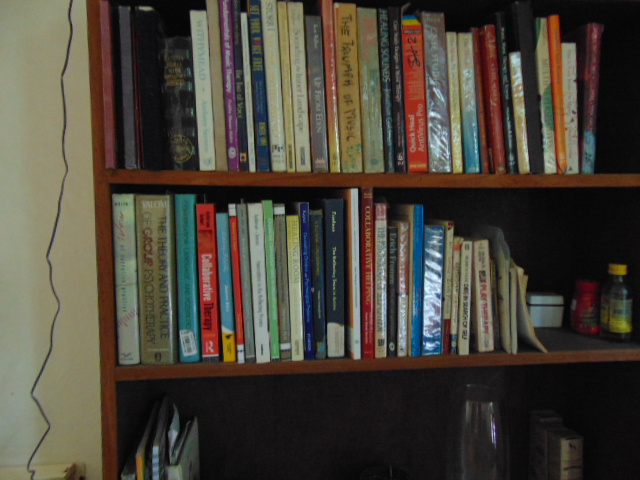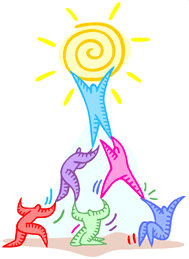The way out of mental illness
Arguably the way to resolve a problem is to see what is holding back the problem from finding a solution. If mental suffering and its associated “illness” be seen as a problem then possibly there has to be a way out. Does the way come via psychiatric medication or does it come via some other pathway(s)?
When I recovered from bipolar disorder and stayed “sane” for long periods of time, one of the first acts I performed was try unearthing why or how I had recovered. But when others, predominantly caregivers of other similar “patients”, started calling me an exception it became a challenge for me to understand if I could recover, why were others not doing so. I got this opportunity via doctoral research in 2016. I took the challenge up to not rebuild my life, but find a way out for others! (no wonder the “mad” are called so!).
Entering the psychiatric maze in 1992, by the time I quit the patient role it was 2010. I spent another dozen years understanding (1) my own recovery (2) recovery from psychosis (schizophrenia and bipolar disorder) more generally, all via research done alone at home for years and years.
Finally when my book came out last year three decades had passed. Not the easiest time of my life, a time spent in grief and suffering, thereafter pondering over intractable issues of living, listening to narratives both in research and counseling.
At the end of this span today I can say that nobody’s mental health will get affected if everyone had opportunities and managed to do what they ardently want to. And, significant others who would support and believe in them getting there, instead of imposing their ideas on them, as parents sometimes tend to. The book is a bit of an academic analysis, but for someone interested the publisher offers 50 odd pages to read for free, from this link. There is a button that says “preview PDF” to the top right of the page, if seen on a computer, as I am doing right now. Once you click it it downloads those pages into your device.
Hope it will interest you to engage with some of these ideas. What is true for psychosis is valid for most mental health issues, as schizophrenia and bipolar disorder are among the more unmanageable of issues, even for psychiatry. If people can recover from these, they can pretty much heal their minds from most other things as well. Provided, they will do what it takes to recover, which itself is not child’s play!

The book is available here to buy from the distributor.
In the video appended at the end of this post I am in a discussion with filmmaker Aparna Sanyal, co-founder of a mental health organization, called THE RED DOOR. This was in New Delhi, at the India Habitat Center on 26th August 2023.



